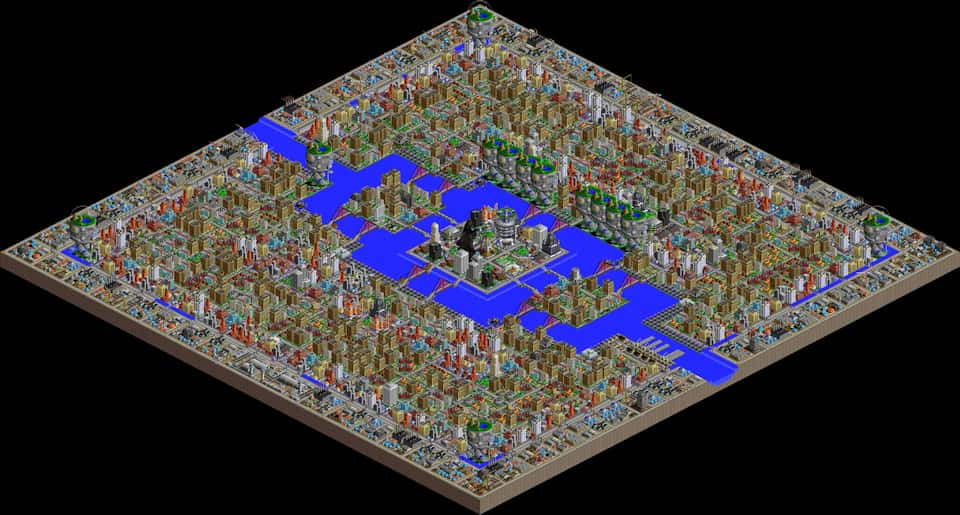State of the Videogame Industry, March 2015
Recently, Electronic Arts closed Maxis. Maxis made such games as SimCity and it's hugely successful spinoff, The Sims. People are going around being all sad about it. Yes, people are losing their jobs, and that is bad. But from the perspective of the gaming industry's health, I think it's a good thing. With the recent reveal of Electronic Access by Original Systems, I started thinking about this cycle. Survival of the fittest applies to the game industry too.

Consider scenario A. A few enterprising people get together to form a game company, they release a game or two, and are quite successful. There's happiness all around. Big Publisher comes around, and buys said company, putting the company into Big Publisher's farm of other studios. Owners of former company now own part of Big Publisher, and are free to cash out. Former game company continues to create sequels and/or spinoffs of their series. If they slip up for whatever reason (doesn't sell well, doesn't review well, Big Publisher wants to include whatever fad at the moment), what's left of the former company disbands. Closure forces people out, often landing at other parts of the larger company, or forming another company. Anyone with ownership in Big Publisher can sell said ownership to provide funding for a new company.
Compare with scenario B. A few enterprising people get together to form a game company, they release a game or two, and are quite successful. There's happiness all around. They continue to release sequels of their games. At some point, perhaps in the fourth sequel, the game looses it's focus. Fans wonder what happened, and where the magic went that the previous games had. But the game is successful enough to warrant another sequel. The company might come up with something new, but nothing is ever that successful or innovative again. The company survives by making mediocre games indefinitely.
People keep complaining about how sequels generally suck, and how they want something new. Scenario A lets sequels happen, and to a point, even allows them to be bigger and better. But it helps guarantee that a series won't stick around long after it's prime. It recycles resources (people and ideas) into new things (games) because of ownership laws. Scenario A, although more traumatic, forces creation of completely new things.
Every company bought and closed is a scenario A company. Those that have been bought but not closed are in jeopardy of being scenario A companies; their cycle is incomplete. Sometimes, like in the case of Maxis, it takes about 15 years after buy-out. Call of Duty is showing classic signs of decline, but Infinity Ward and Treyarch are still around. Infinity Ward has sort of completed the cycle, because the formation of Respawn Entertainment gutted it. I can say that I haven't cared much for anything that Maxis has done for over 20 years. Will Wright (Maxis' idea man) left Maxis a long time ago.
Any company that relies on games with ever increasing numbers at the end is probably a scenario B company. Large companies themselves (Nintendo, Square Enix, Ubisoft, EA) appear to follow scenario B. This is a side effect for reasons of decadency previously stated. If Origin Systems followed scenario B, Chris Roberts might still be there making Wing Commander 20 or something. Instead, Origin was a scenario A company, and now we have something totally awesome called Star Citizen.
Note: Not every game company fits into these types, like Double Fine or Valve.
You can't complain about this anymore. It's perfect!